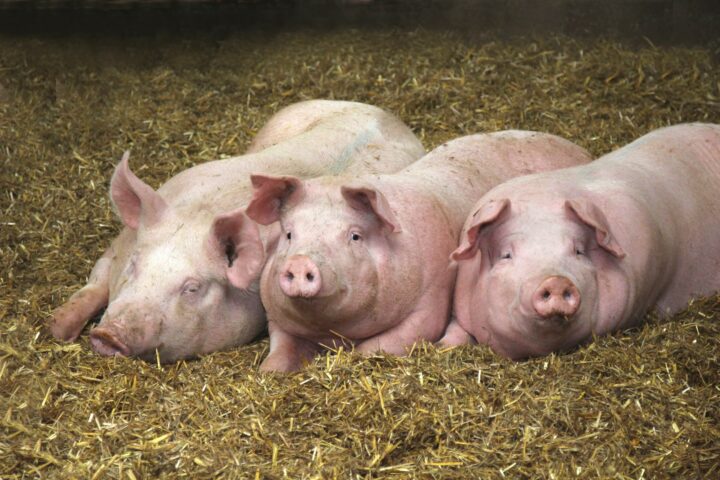
Green genetic engineering: A rethink is required
There are now more skeptics than ever before when it comes to biotechnological plant breeding methods, despite 30 years of research having produced a clear data basis. Conventional genetic engineering or the more modern CRISPR/Cas method present no increased risks compared to traditional breeding methods, such as cross-breeding. It is time to see new technologies as a way of fighting climate change and preventing environmental damage.
Monday, July 25, 2022
There are two key arguments that are made time and time again by genetic engineering critics. Firstly, they argue that genetically modified (GM) plants could be harmful to human health. Secondly, they repeatedly claim that such plants could have a negative impact on the surrounding ecosystems. However, the results of more than 30 years of research suggest otherwise on both counts. As Bloomberg’s Amanda Little writes, “no evidence has ever been found proving that GMOs harm human health”. The World Health Organization, the US National Academy of Sciences and many other large research institutions around the world have reached the same conclusion.
30 years of research verify safety
It is within the realms of possibility that GM plants start to grow in the wild and crossbreed with related wild species. Plants of this type were found in Mexico in 2001 and 2009. However, no evidence has been found that these plants have brought about negative ecological changes. Urs Niggli, a pioneer of organic products, draws similar conclusions in an article published in the “Der Pragmaticus” online magazine: “The data is clear: In principle, as regards their effect on (agro-)ecosystems and on human health, new breeding methods are indistinguishable from traditional cross-breeding.” According to Niggli, despite this solid data basis, there is a persistent skepticism toward genetic engineering: “30 years of scientific progress, countless studies taking into account society’s viewpoint, thousands of forums and debates, for which scientists take time out of their laboratories, and yet, more than half of the population are still convinced that we do not know enough to open ‘Pandora's Box.’”
Blindspot article
Pragmatic solutions not ideology
Green genetic engineering, in particular innovative genome editing, shows huge potential when it comes to breeding drought- and pest-resistant plants. If global agriculture is to sustain 10 billion people by 2050, it will have to be innovative. According to Niggli, this includes modern research methods, digitalization, molecular biology and material sciences (e.g. nanotechnologies for extending the shelf life of food products). Faced with a need for sustainable problem solving, Niggli considers it logical to use these technologies. As the title of the “Pragmaticus” article states: To guarantee food security and simultaneously protect the environment, we need pragmatic solutions, not ideology.
Related articles

What’s Really in Your Shopping Basket
Genetic engineering in our shopping basket? Yes – and much more often than we think. Whether it’s pasta, bread or vegetables: many of the everyday products we consume come from mutation breeding, which involves altering the genome and is considered safe. It’s high time to debunk the common myths.

Genomic breeding methods are not given a chance to prove themselves
Modern genomic breeding methods are legally classified as genetic engineering – and are therefore still effectively blocked. Yet we have been eating genetically modified plants for decades, just under the label of “classical mutagenesis.” The new, more precise techniques are regulated more strictly than the old ones, even though they are considered safer from a scientific perspective. A contradiction that urgently needs to be corrected. The EU is setting a good example.

No Pig Business: Why Testicle-Free Boars Are a Clear Win for Animal Welfare
New breeding methods are opening up new possibilities in both plant and animal breeding. They allow targeted genetic changes that can make animals more resilient, adaptable, and healthier.

Stagnation instead of progress: Switzerland risks falling behind in new breeding techniques
An overview article in Schweizer Bauer shows how much the new breeding methods are preoccupying farming circles. Once the consultation process on the federal law has been completed, a bill is expected – then it will become clear whether there is actually the political will to approve it.

